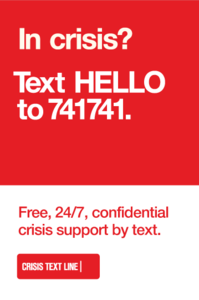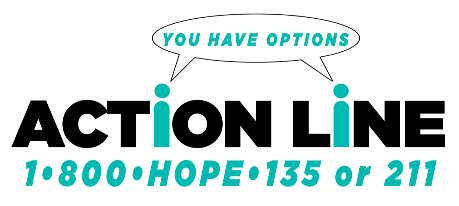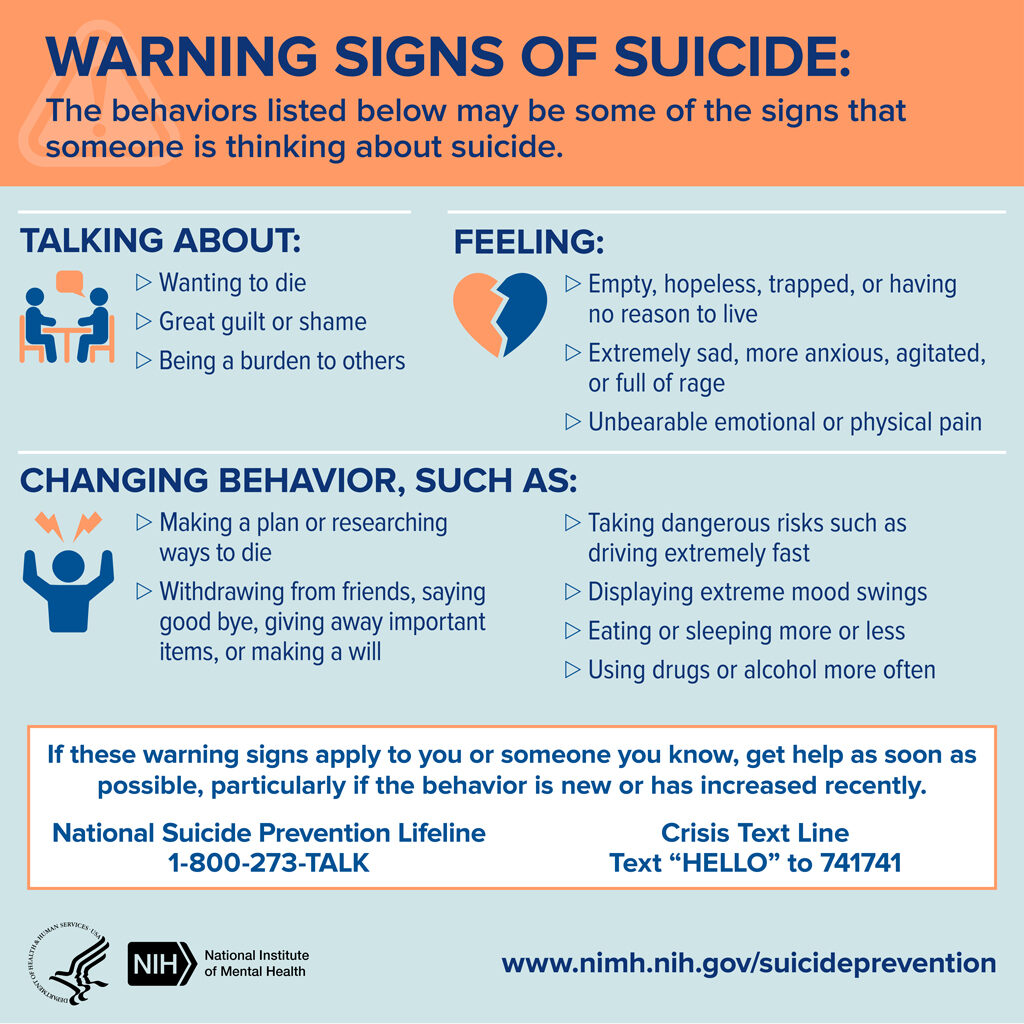by: Suzi Craig
By July 2022, 9-8-8 will become the new national three-digit number for the National Suicide Prevention Lifeline which is currently 1-800-273-8255. According to CT’s Department of Mental Health and Addiction Services (DMHAS), over 20,000 calls are made annually to the Lifeline (via the state’s information line, 2-1-1 of CT), by those experiencing a mental health crisis in Connecticut, making it a valuable suicide prevention asset in our state. 2-1-1 of CT is one of 163 crisis centers across the country that answered more than 2.2 million phone calls of individuals in distress and seeking help.
DMHAS is working on a plan for implementation of the new 9-8-8 number to meet the July 2022 deadline. Mental Health Connecticut (MHC) and many other organizations across the state are collaborating with DMHAS to ensure that Connecticut residents in distress calling 9-8-8 receive a seamless and actionable response.
I know what you’re thinking. All that news about 9-8-8 is great and all, but what if someone I know needs help right now? If someone is experiencing a mental health crisis, try one of these options as a first step:
 Crisis Text Line – Text HELLO to 741741 from anywhere in the USA to text with a trained Crisis Counselor.
Crisis Text Line – Text HELLO to 741741 from anywhere in the USA to text with a trained Crisis Counselor.
Call 2-1-1 and ask to speak to someone about a mental health crisis; 2-1-1 is a free, confidential information and referral service that operates 24 hours a day, seven days a week.
Call 1-800-273-8255 (soon to be 9-8-8), for the National Suicide Prevention Lifeline to be connected to a skilled, trained counselor at a crisis center in your area, anytime 24/7.
And, how do I know if someone is experiencing a mental health crisis? First, if it’s an emergency, call 911. If you are in a situation where you or someone needs help and you can talk through the situation, contact a crisis line. There might be telltale signs, like withdrawal, abusing substances, hopelessness, or threats of self-harm, or there are no signs at all. Start by learning more through articles like this one on WebMD, and consider taking Mental Health First Aid, a rigorous and enlightening training for anyone who wishes to become part of the support system in their community.
 In Connecticut, when someone calls 2-1-1, services for adults ages 18+ are offered through telephone support or a mobile, in-person response through a multidisciplinary team of licensed social workers, licensed counselors, nurses, mental health workers, individuals with lived experience with mental health and more. Every mobile crisis team also has Crisis Intervention Team (CIT) trained clinicians who work collaboratively with law enforcement, providing mental health evaluation and recommendations when responding to crisis calls. The goal of CIT is to reduce the need for arrest in favor of referrals to appropriate treatment resources and supports, and, to promote safety for persons in crisis, the community and the police.
In Connecticut, when someone calls 2-1-1, services for adults ages 18+ are offered through telephone support or a mobile, in-person response through a multidisciplinary team of licensed social workers, licensed counselors, nurses, mental health workers, individuals with lived experience with mental health and more. Every mobile crisis team also has Crisis Intervention Team (CIT) trained clinicians who work collaboratively with law enforcement, providing mental health evaluation and recommendations when responding to crisis calls. The goal of CIT is to reduce the need for arrest in favor of referrals to appropriate treatment resources and supports, and, to promote safety for persons in crisis, the community and the police.
Have you contacted a crisis line and want to share your experience? NAMI CT is currently collecting information on experiences with using CT’s 2-1-1 system and mobile crisis. This information will provide critical insight to how the new 9-8-8 hotline is constructed and supported so please only fill out the survey if you have past experiences to share.
Connecticut’s suicide prevention efforts are extensive. Check out Prevent Suicide CT for a ton of resources, information about the signs of suicide, help for specific groups (veterans/military, older adults, workplaces, etc.) and much more. Also, check out the Jordan Porco Foundation for programs for college and high school students and the CT Chapter of the American Society for Suicide Prevention.
All of this support is only helpful once that first call or text happens.


